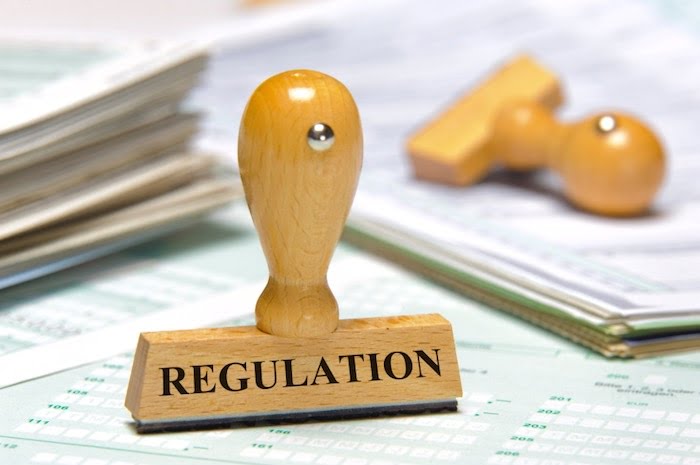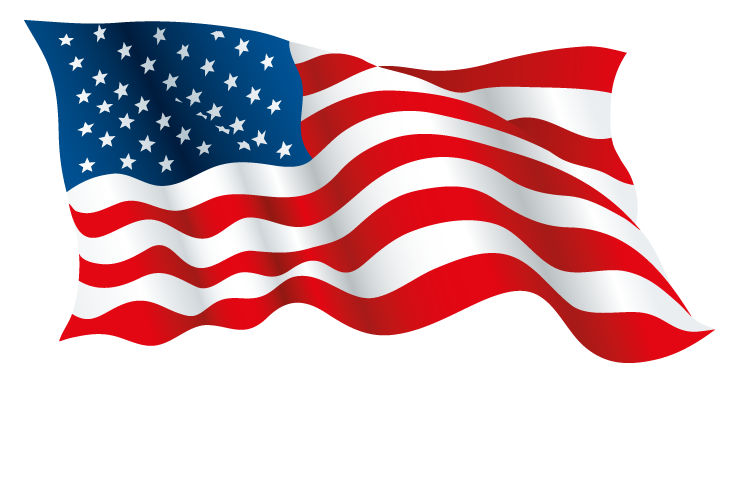3 UL & cUL Requirement Considerations for Enclosure Cooling Systems

Depending on the type of equipment and its intended environment and location, a range of safety standards and certifications may apply to enclosure cooling systems for industrial control panels.
The primary certification body for electrical equipment in the U.S. is UL (formerly Underwriters’ Laboratories), which operates a group of nationally recognized testing laboratories. Any piece of equipment carrying the UL mark ensures that random samples of the equipment have been independently tested and have fulfilled all requirements for safety when used as directed.
UL certification standards, such as UL 508A for industrial control panels, are based on the National Electrical Code (NEC), approved by the American National Standards Institute (ANSI), and sponsored by National Fire Protection Association (NFPA). The NEC code, called NFPA 70, covers construction and operation of all sorts of electrical equipment.
In the same way, electrical equipment sold in Canada must meet standards approved by the Canadian Standards Association (CSA), which may differ somewhat from U.S. requirements. UL has signed an agreement to perform testing for compliance with the CSA and the Canadian Electrical Code (CEC), and products approved in this way receive the cUL mark.
Because the UL and cUL requirements are different, the following should be taken into consideration when selecting a cooling system for an industrial control panel.
1. Location of sale
Enclosure air conditioner units to be sold in the United States typically must meet the basic UL certification for enclosure cooling systems, UL 484. This standard covers special purpose air conditioners intended for installation in accordance with NFPA 70. According to UL 484, “These units employ hermetic refrigerant motor compressors with factory charged refrigeration systems and include means for circulating air. They may also have provision for heating and ventilation.”
The same unit intended to be sold in Canada should meet the certification requirements found in the CAN/CSA-C22.1, “Canadian Electrical Code, Part I, which deal with heating and cooling equipment and special purpose air conditioners. The unit should carry the cUL recognized component mark.
2. Operating environment
The basic requirements for UL 508A apply to control panels intended for general industrial use operating from a voltage of 600 VAC or less, according to ANSI/NFPA 70. The standard covers equipment that is installed in an “ordinary location” where the ambient temperature does not exceed 104 degrees Fahrenheit.
Similarly, CAN/CSA-C22.1, “Canadian Electrical Code, Part I.” applies to special purpose air conditioners rated not more than 600 volts.
However, if the equipment will be operated in a higher temperature environment, or in the presence of hazardous gases, combustible dust, or flying particles, additional standards will apply, for both Canada and the U.S.
3. Hazard level and type
In cases like these, several UL and cUL standards have been developed to cover different types and levels of hazardous (classified) situations, including:
- Industrial Control Panels for Use in Hazardous (Classified) Locations (UL 698)
- Explosion-Proof and Dust-Ignition-Proof Electrical Equipment for Use in Hazardous (Classified) Locations (ANSI/UL 1203)
- Purged and Pressurized Enclosures for Electrical Equipment (ANSI/NFPA 496)
- Explosion-Proof Enclosures for Use in Class I Hazardous Locations (CSA-C22.2 No. 30-1986)
- Enclosures for Use in Class II Groups E, F and G Hazardous Locations (CSA-C22.2 No. 25-1966)
These additional codes and standards for use in a specific hazardous (classified) location may apply to various components of an enclosure cooling system, including:
- Circuit breakers
- Outlet boxes and fittings
- Switches
- Electrically operated valves
- Receptacle-plug combinations
- Etc.
Thermal Edge carries a range of enclosure air conditioners which comply with UL, cUL and CE (European) requirements. For help in selecting the correct cooling system to meet the proper certification standards for an enclosure, contact the experts at Thermal Edge.

